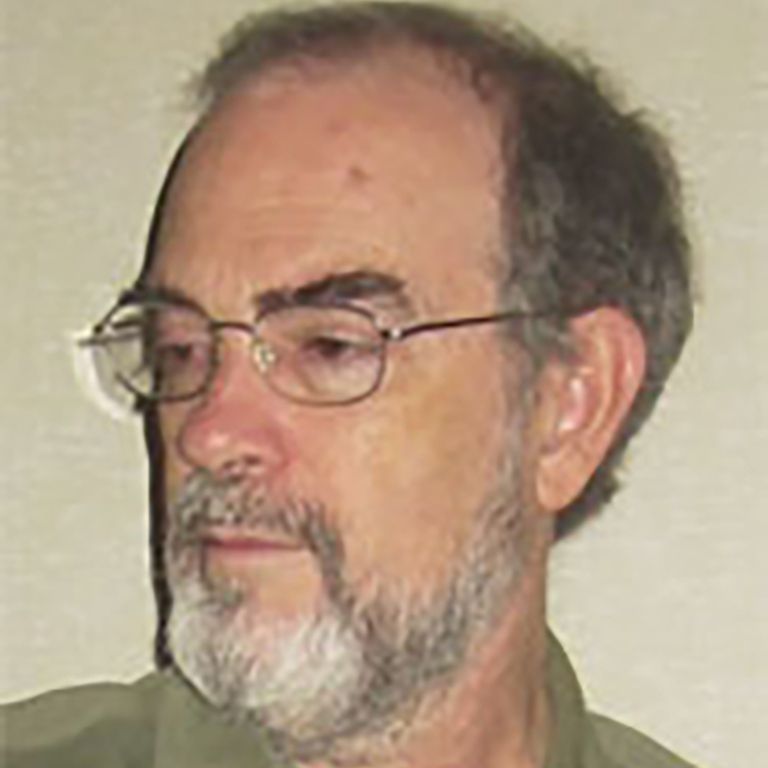- Ph.D., Oxford University, 1968
- B.A., University of Kansas, 1964

Breon Mitchell
Director Emeritus of the Lilly Library
Professor Emeritus, Comparative Literature

Director Emeritus of the Lilly Library
Professor Emeritus, Comparative Literature
Professor Mitchell received his Ph.D. in comparative literature from Oxford University. His areas of specialization include literary translation, Anglo-German literary relations, literature and visual arts, James Joyce, Franz Kafka, and Samuel Beckett. His publications include translations of The Tin Drum, by Günter Grass, The Trial by Franz Kafka, The God of Impertinence by Sten Nadolny, Shadowlife by Martin Grzimek, The Silent Angel by Heinrich Böll, Laura's Skin by J.F. Federspiel, and The Color of the Snow by Rüdiger Kremer. His own words make evident his passion for translation:
"My life as a literary translator began at the Jayhawk Café in Lawrence, Kansas, eating peach pie and drinking Pepsi, translating Hugo von Hofmannsthal's Death and the Fool into blank verse with a friend. We were second-year college German students, just back from a summer in Germany in 1961, alive with enthusiasm for Hofmannsthal's glowing language and with his message to live life to the full before it simply passes us by. For us, that life was as much in words as it was in the world. Our translation filled almost every evening that semester, and when we were finished we did what most would-be writers did at college -- founded a literary magazine and published the passages we loved best, along with translations by any other German students fool-hardy enough to lift their eyes above their abilities. Happily, we knew enough to include the German originals, although I can't say we always knew quite enough about copyright laws.
"My friend Philip went on to become a novelist, recasting Tristan and Isolde into a drama of the Kansas wheatfields, another sort of translation, while I took a detour to Oxford, studying philosophy, art, and comparative literature. But translation remained my private, and eventually more public, joy. I had the luxury of translating exactly what I wanted, and in the coming years I relished the feeling that I was playing at least some small part in our nation's cultural life by introducing new German writers to American readers. Along the way I developed cherished, life-long friendships with authors and other translators, having had the good fortune to join American Literary Translators Association as a charter member. I still remember the excitement of that first meeting. Over the years, few things have given me more predictable pleasure than our yearly gatherings, where we share the joys, and sometimes the pains, of our calling."